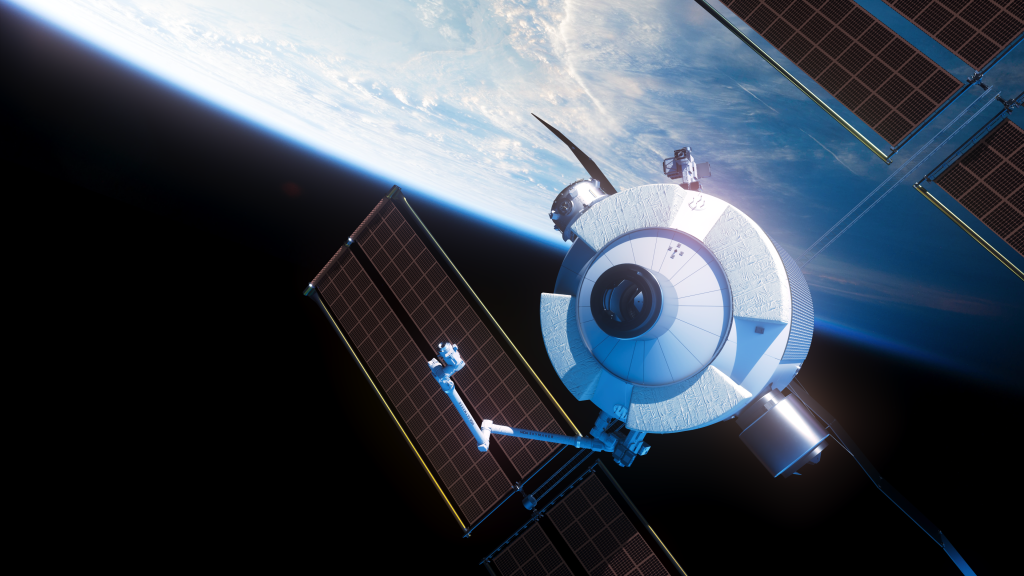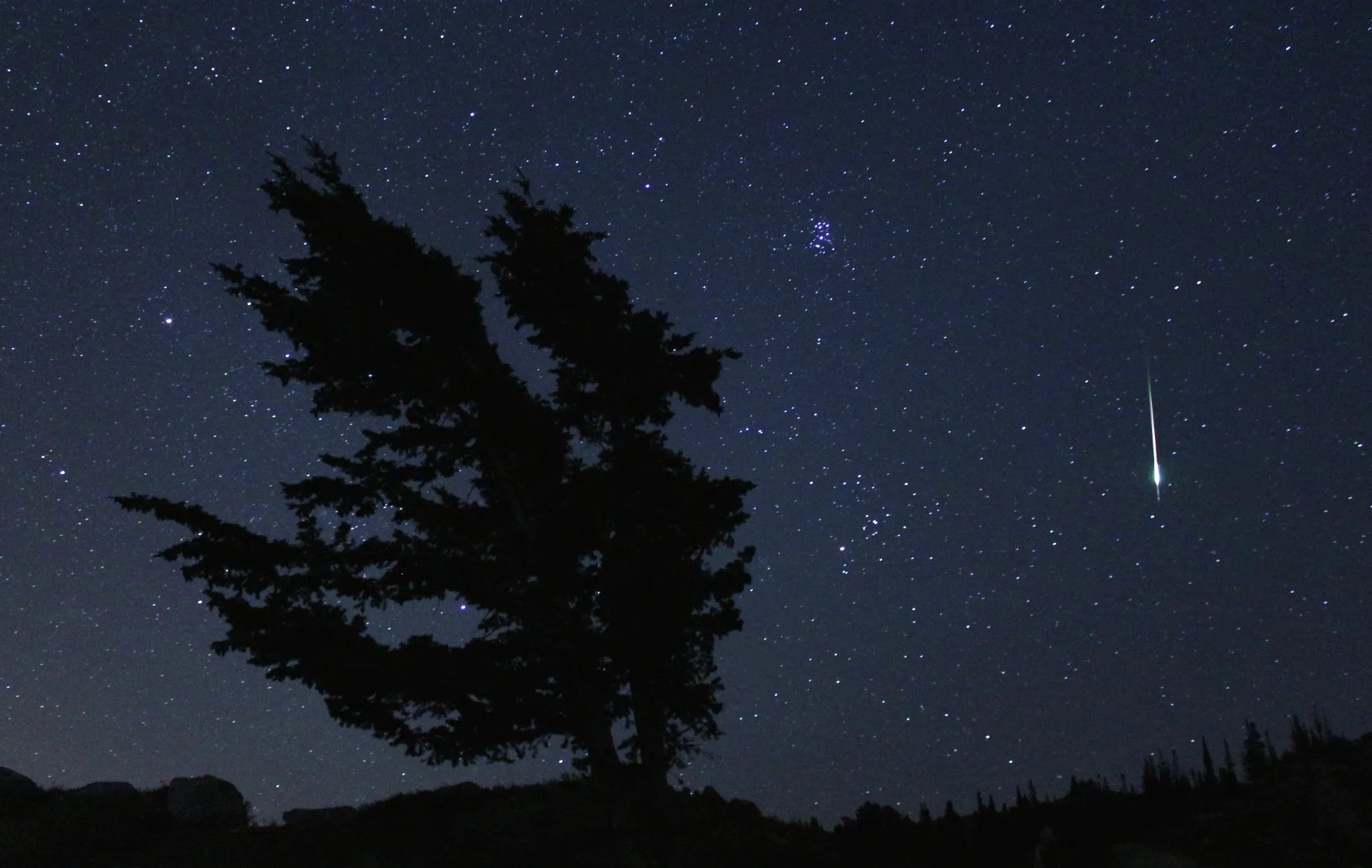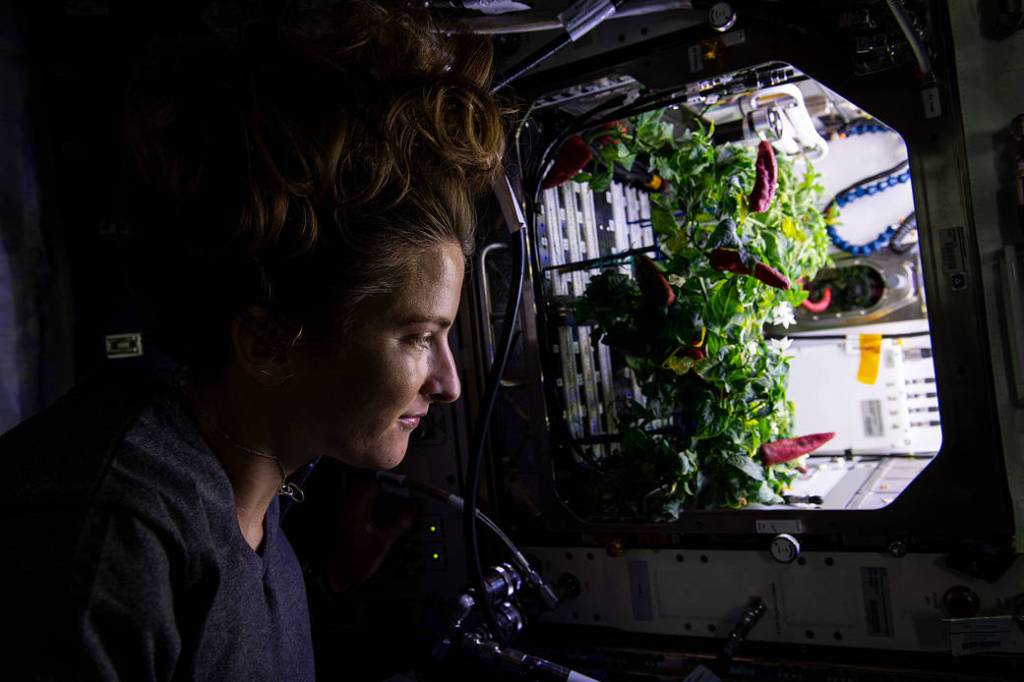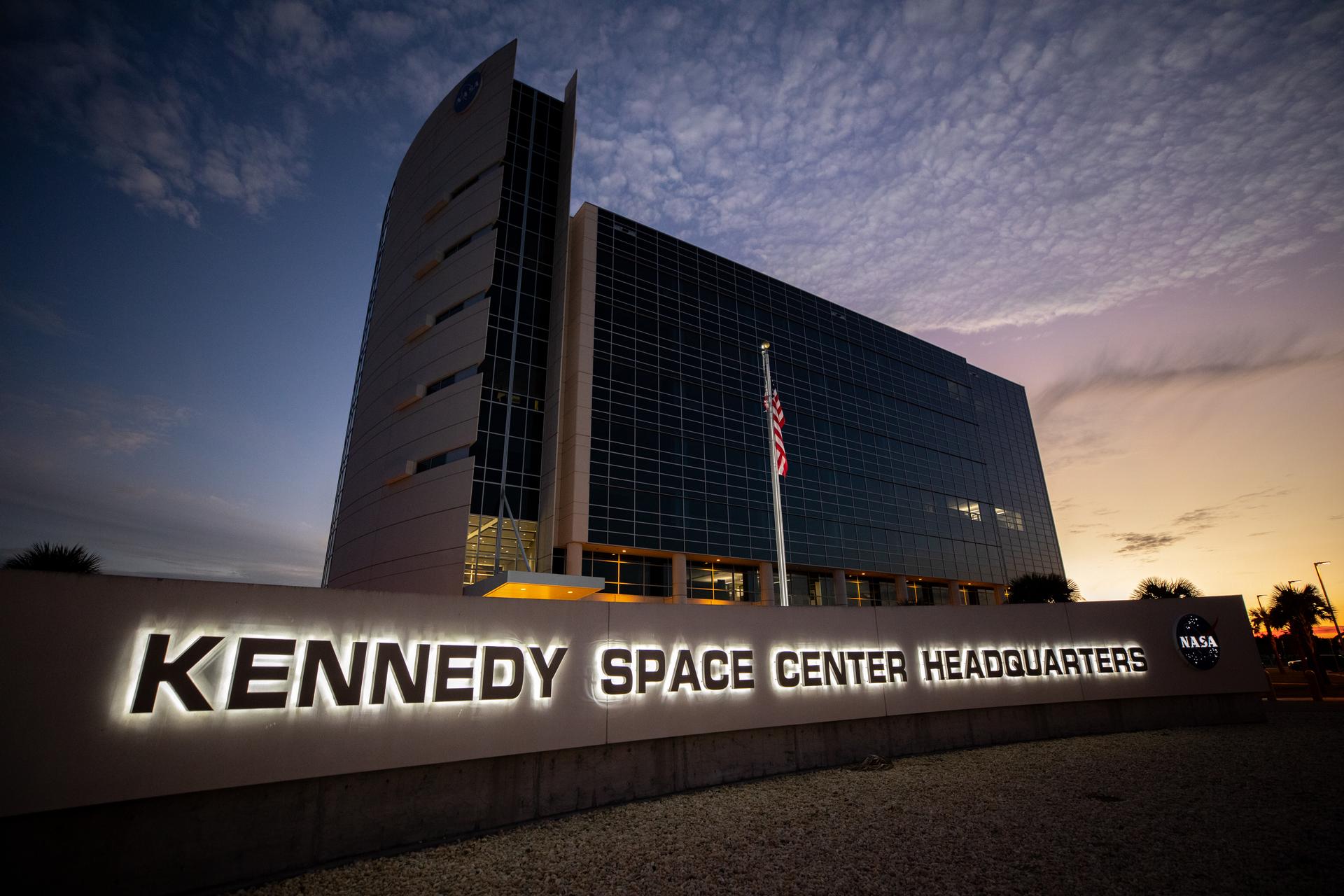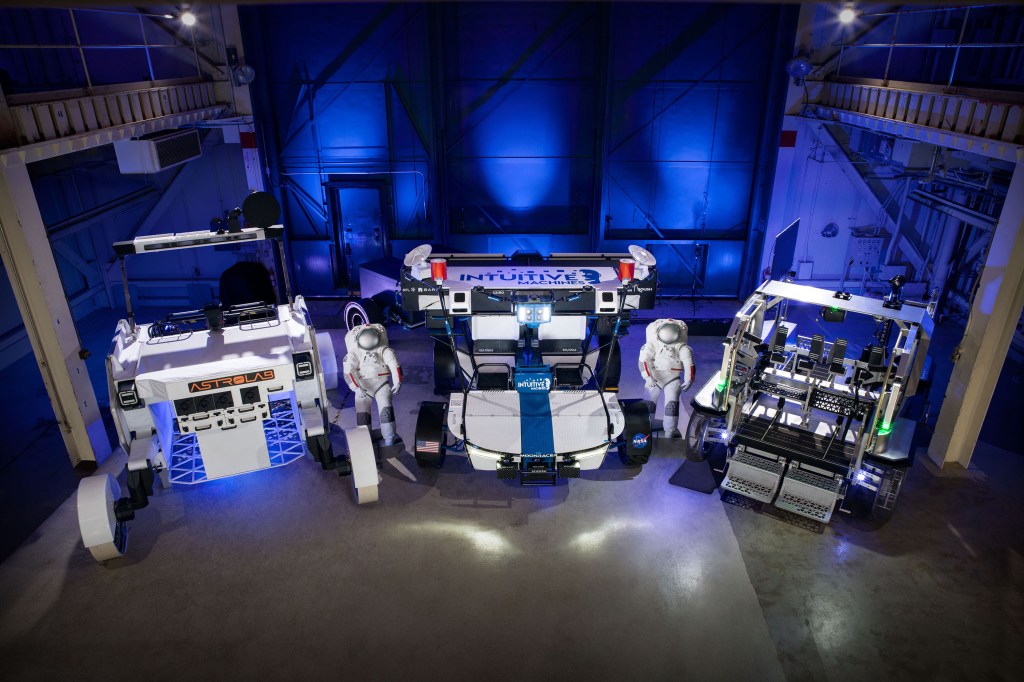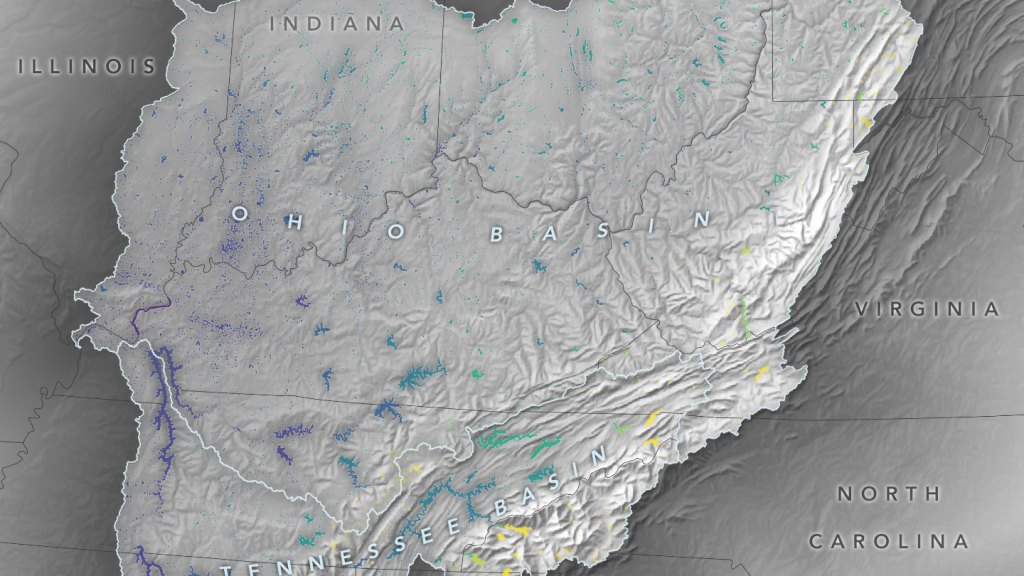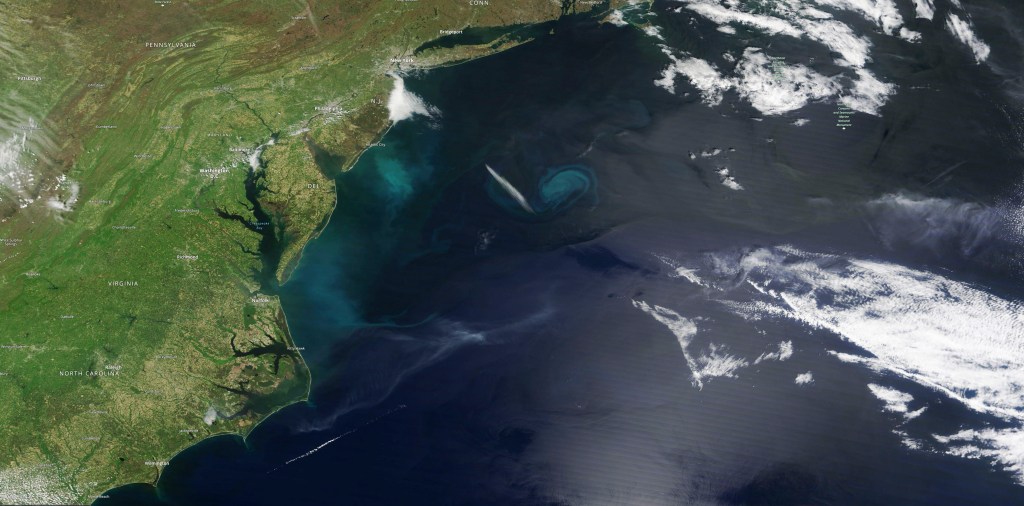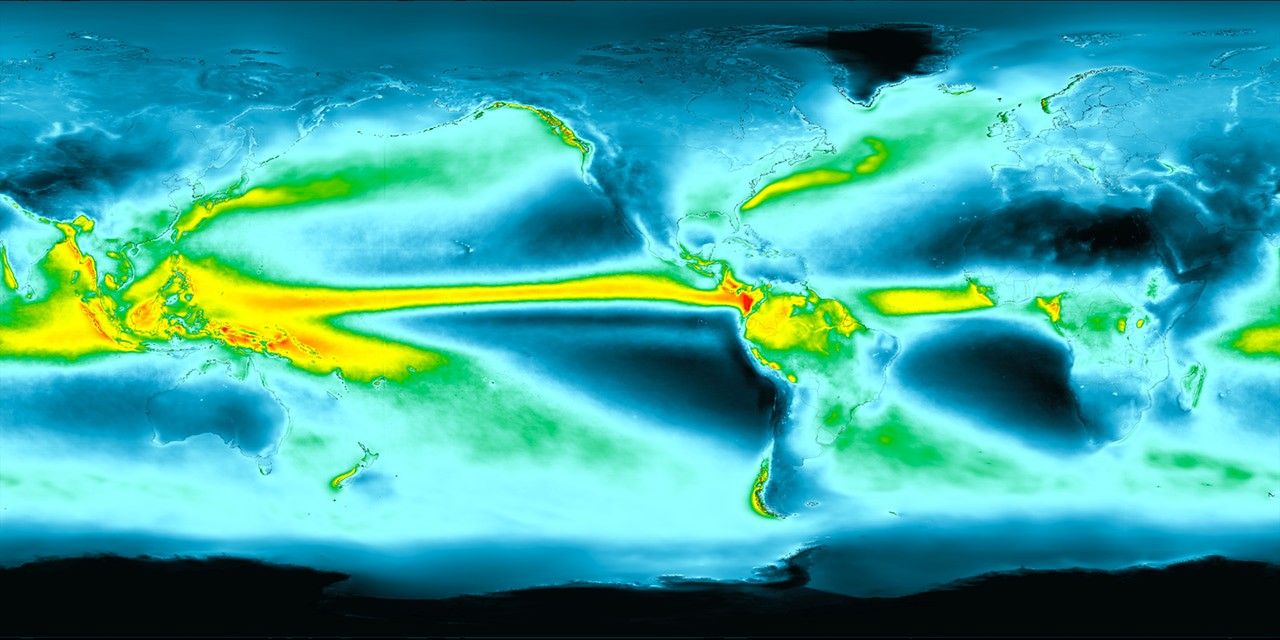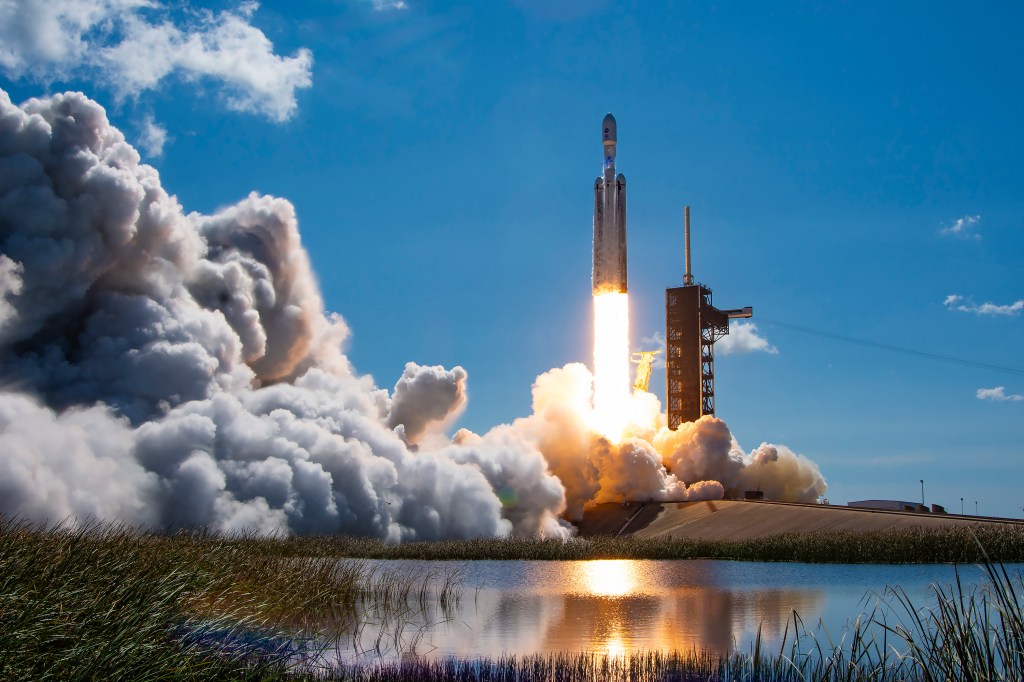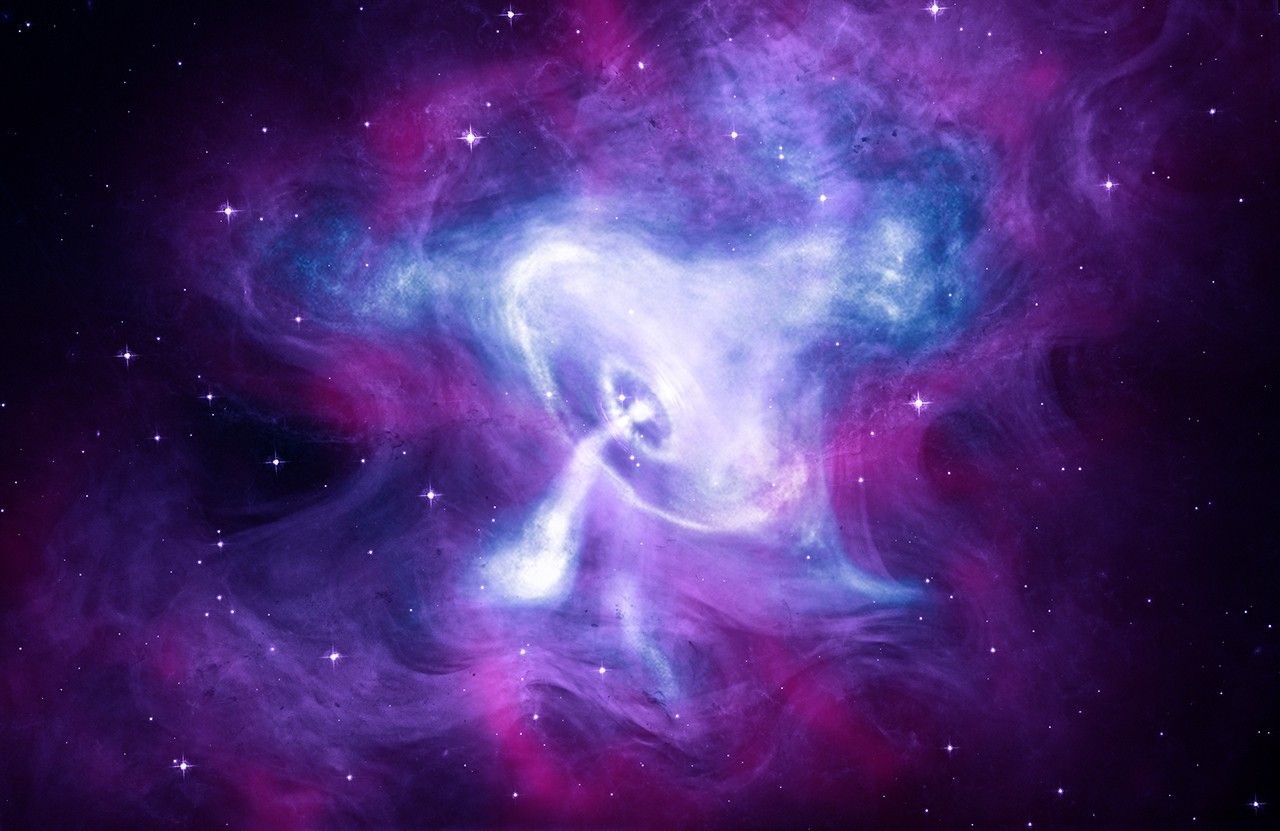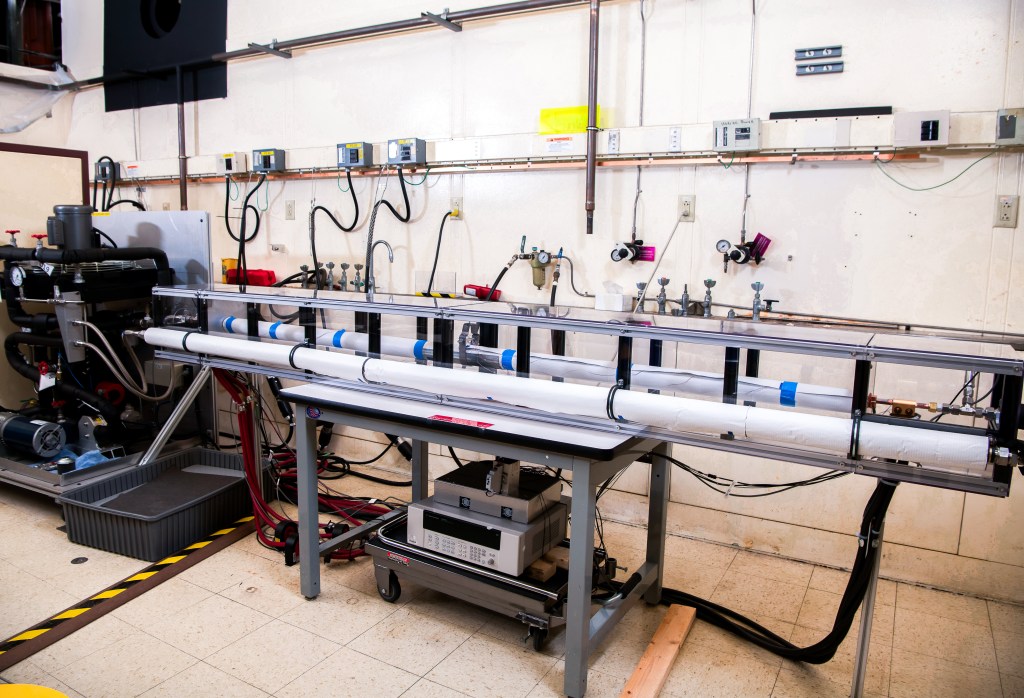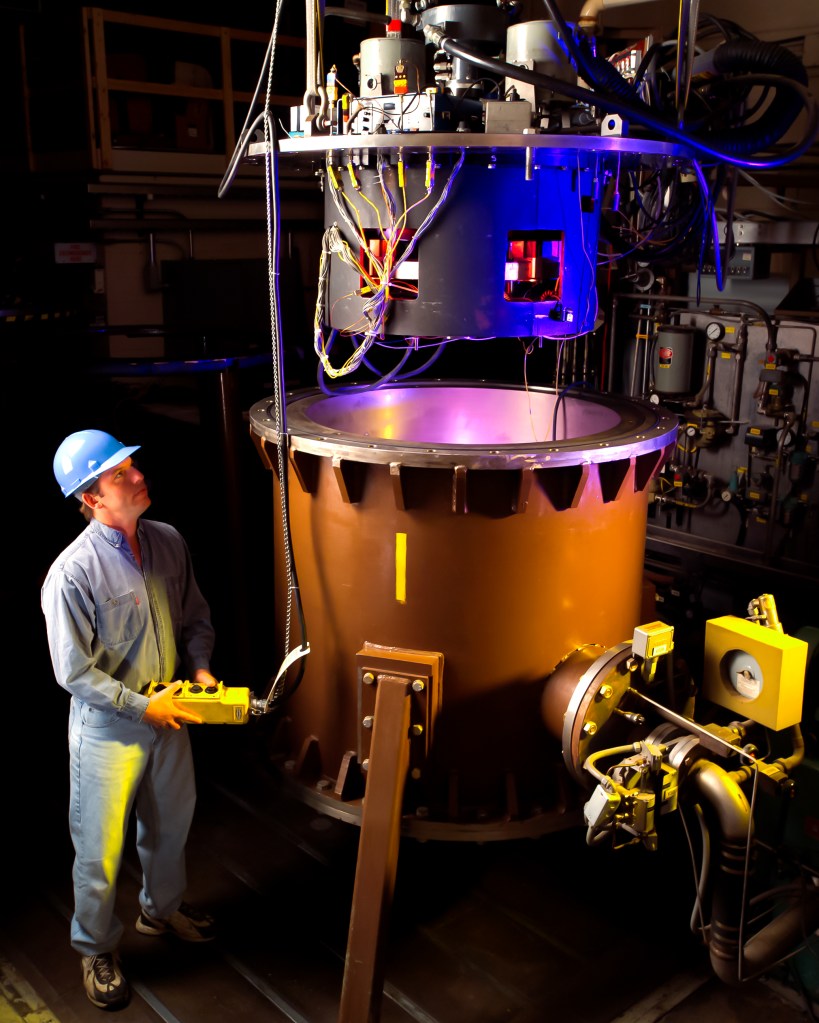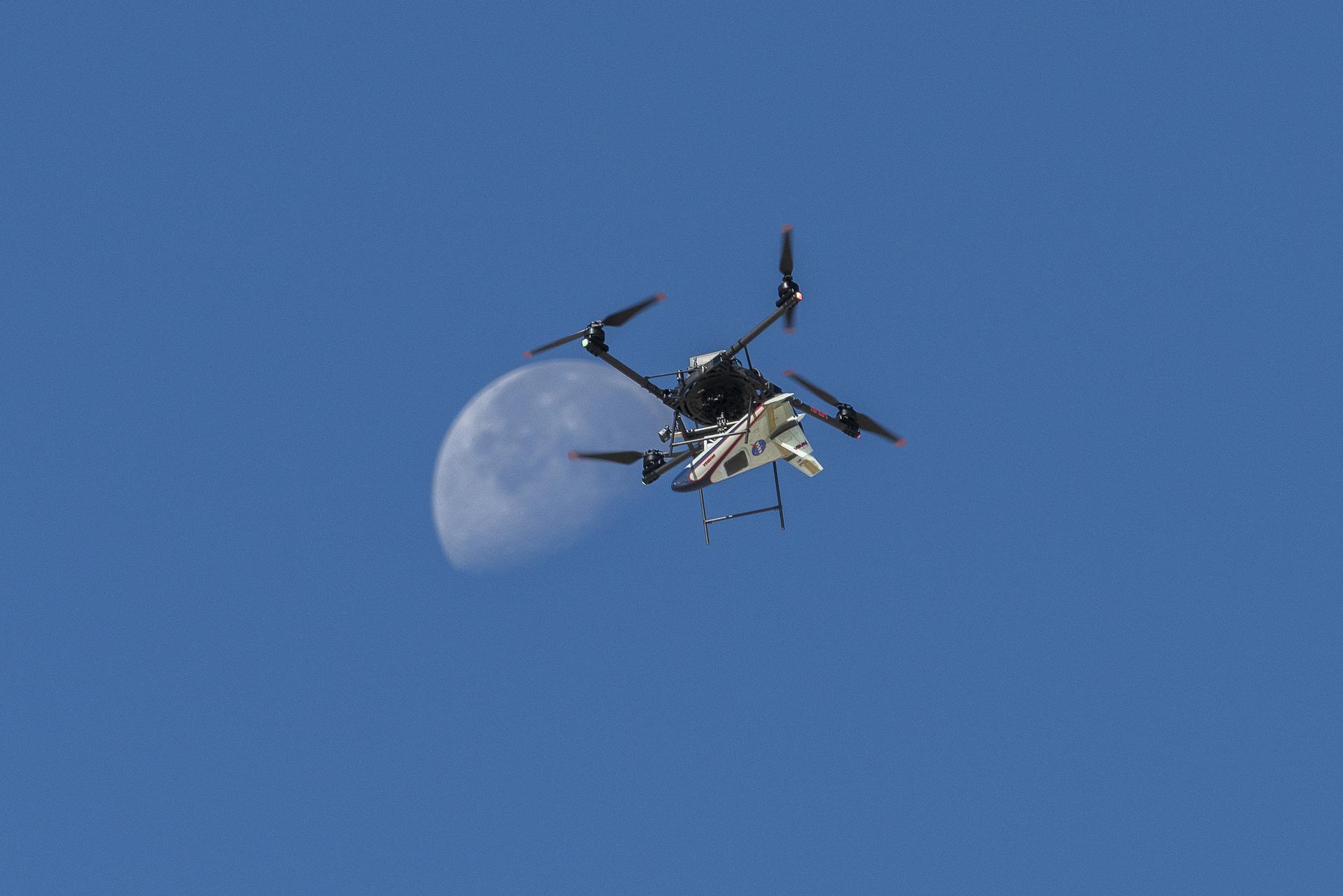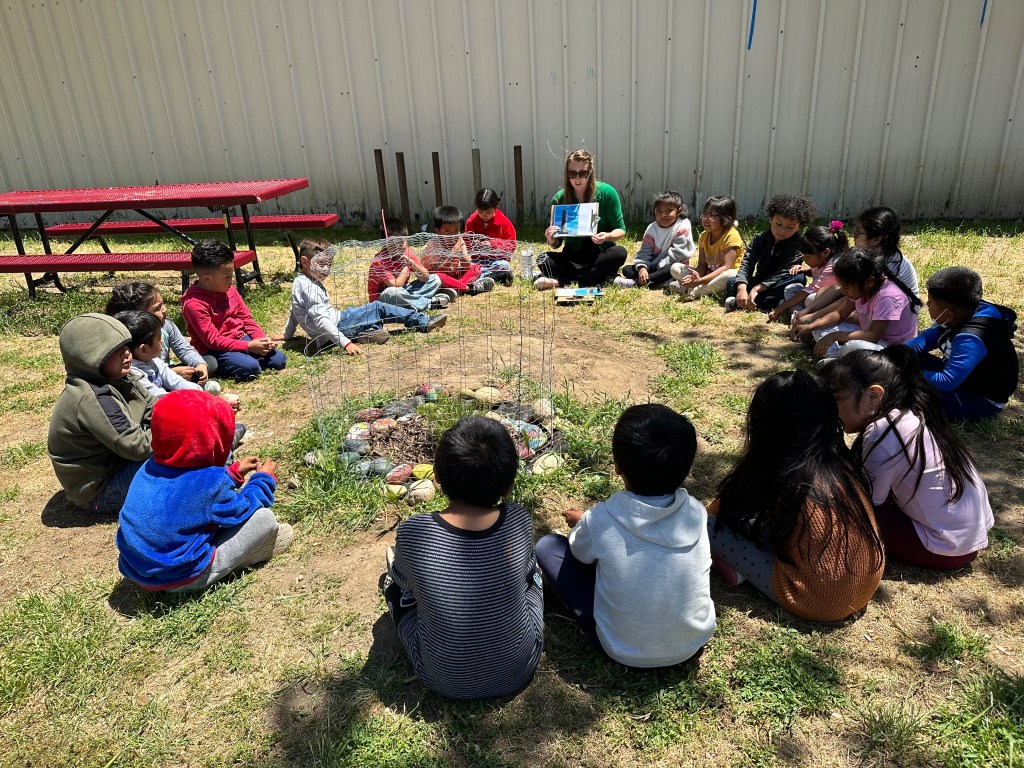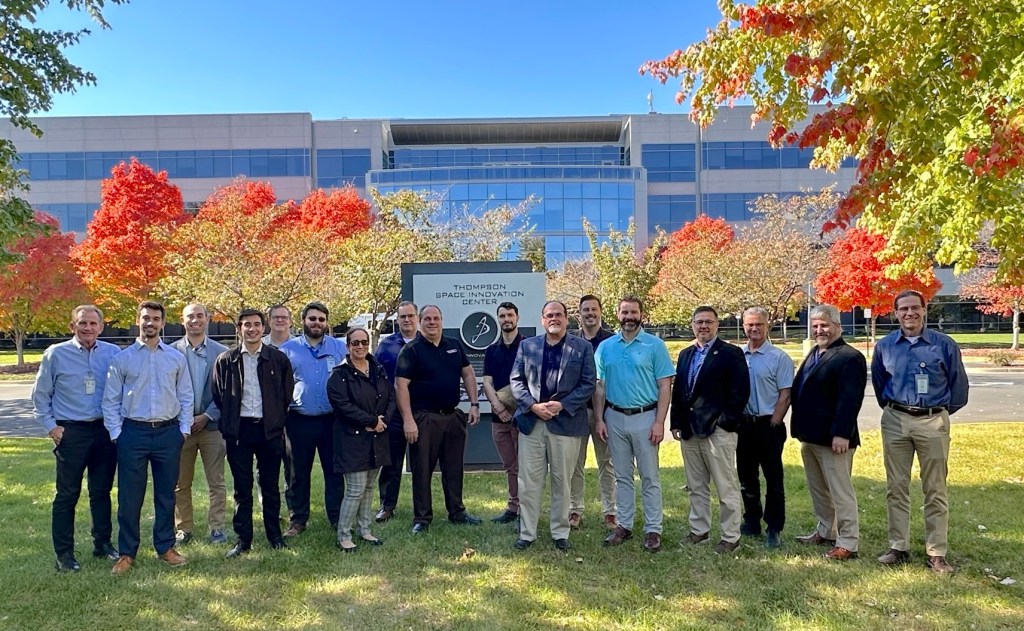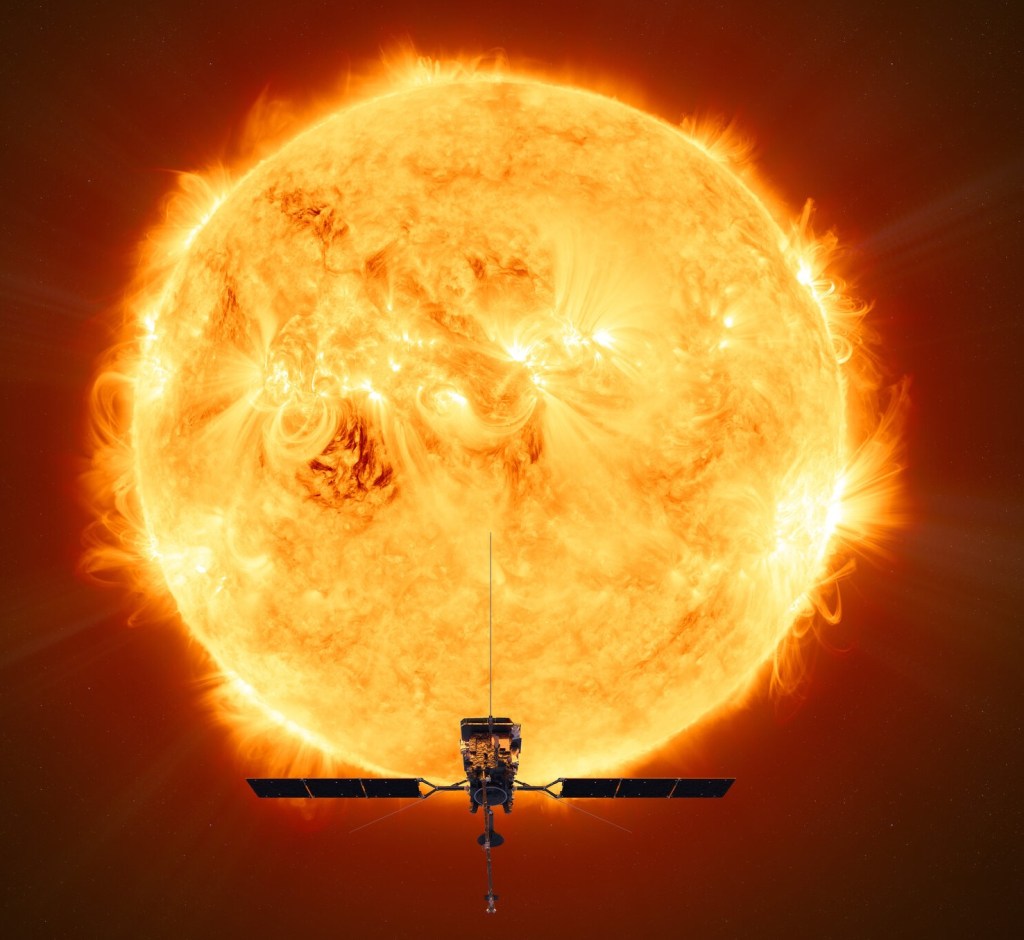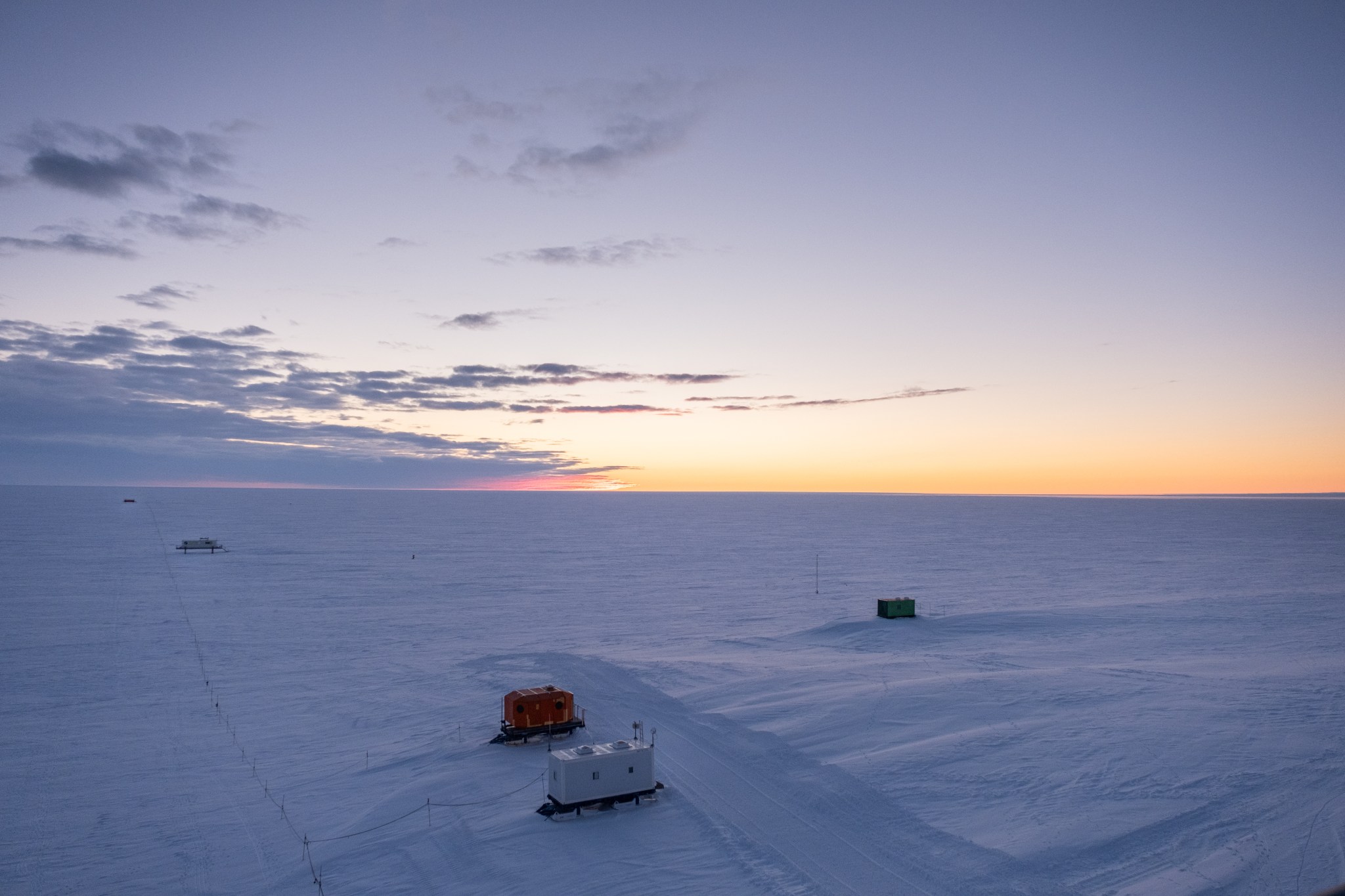
NASA will host a joint virtual media conference with the German Aerospace Center (DLR), the organization that plans and implements Germany’s national space program, and the Alfred Wegener Institute (AWI), a German scientific organization with expertise in polar and marine research, at 10 a.m. EDT (4 p.m. CEST) Tuesday, May 4. The conference will discuss controlled environment plant research performed in a detached test facility of the AWI operated Neumayer III station in Antarctica.
The test facility, called EDEN ISS and managed by DLR, has the capability and infrastructure to support growing a wide variety of plants, even during the Antarctic winter. This plant research is an Earth-based analog of the remote, isolated, and space-constrained conditions in hostile environments faced by human space explorers.
This year, the German facility is hosting an American plant scientist from NASA’s Kennedy Space Center, who has experience with plant experiments conducted on the International Space Station. Jess Bunchek will spend about a year in Antarctica performing research in a collaboration between the organizations.
The EDEN ISS seeks to advance technology related to safely and efficiently growing food even when logistical and environmental challenges exist. After arriving earlier in the year and preparing the facility, the team started growing plants – including some of the same crops grown on the space station – which provide fresh food and scientific samples for the overwintering team.
Briefing participants include:
- Dr. Daniel Schubert, EDEN ISS project manager, German Aerospace Center
- Dr. Ray Wheeler, plant physiologist and senior scientist, Exploration Research and Technology programs at NASA’s Kennedy Space Center
- Jess Bunchek, life sciences research scientist on the Laboratory Support Services and Operations (LASSO) contract at NASA’s Kennedy Space Center
- Dr. Tim Heitland, medical coordinator and field operation manager, Alfred Wegener Institute
Members of the media who would like to participate and ask questions during the virtual event must provide their name and affiliation by noon EDT Monday, May 3, to ksc-newsroom@mail.nasa.gov.
Media and the public may participate in the conference by signing into the webinar. The public may submit questions on social media prior to the start of the conference on social media using #MadeInAntarctica.
This plant research, and similar research on Earth and aboard the space station, helps support the Artemis program goal of sustainable exploration of the Moon, and eventually Mars, by adding to the knowledge of growing crops even in the harshest conditions. Most human space exploration has been relatively close to the Earth, and long-duration space flight has relied on regular deliveries of packaged foods to nourish astronauts. As astronauts travel farther from Earth and stay for longer durations, the logistics of resupplying with packaged food becomes increasingly challenging, and the quality and nutrition of package foods degrades with long storage. Astronaut using freshly grown fruits and vegetables to supplement their diet is one solution to these problems.
Learn more about NASA’s Advanced Exploration Systems at:
Learn more about the exciting research projects and scientific discoveries in the fields of Space Biology and Physical Sciences:
-end-
Leejay Lockhart
Kennedy Space Center, Fla.
321-861-3739
leejay.lockhart@nasa.gov


